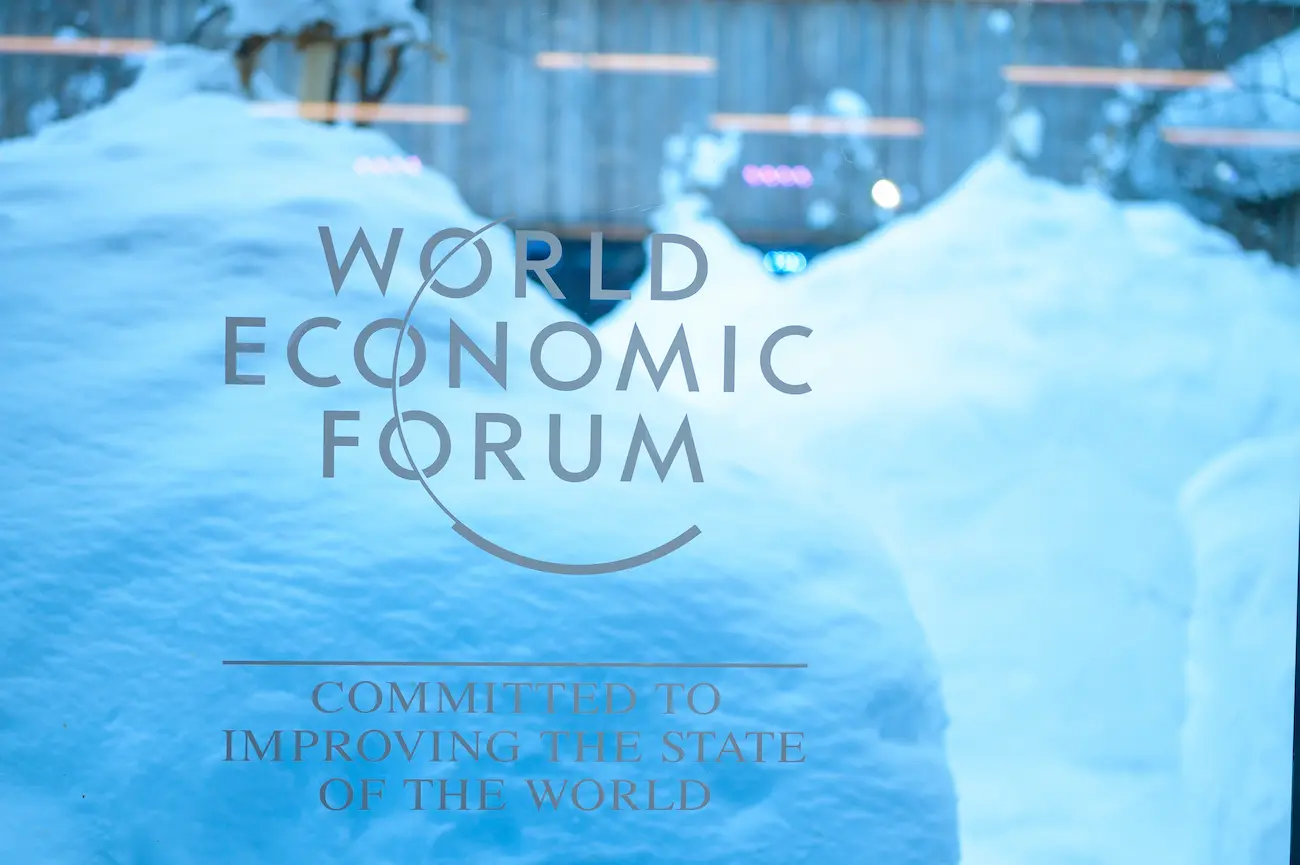

The five themes for Davos 2023 are familiar to WAIFC:
- Addressing the current energy and food crises in the context of going forward with their production and distribution in new ways.
- Addressing current high inflation, low growth, and high levels of debt in the context of a new system
- for investment, trade, and infrastructure.
- Addressing industry headwinds by harnessing frontier technologies for business innovation and resilience.
- Responding to social vulnerabilities by creating new ways of working and upskilling.
- Creating a new system for dialogue and cooperation in a multipolar world.
What stood out at Davos?
This was the first in-person meeting in Switzerland in three years. Still, not everyone showed up. Some journalists remarked that the splashiest parties in recent years were not thrown again in 2023, because the Russian delegation was greatly reduced. But China sent a top leader to announce that with the lifting of zero Covid policy restrictions, the country is fully back and engaged in global affairs.
The five decades of World Economic Forum speeches and roundtable participation has a history of great successes and failures, which is all very human. Davos has been fully a part of the Neoliberal economic agenda, and the cracks and strains of this overarching ideological framework are showing – even in the beautiful Alps. The idea that international commerce would stimulate largely positive change - as viewed from the point of view of its self-proclaimed global leadership – has not worked entirely as expected.
Although not directly a part of the five themes, the war in Ukraine assumed a prominent role. Ukraine’s first lady Zelenska addressed the conference in person, as did president Zelensky by video. A high-profile roundtable updated participants on the state of the war.
Climate change was in the air, literally: the first snow of the winter fell just before the conference opened, finally giving some white cover to the town. The World Trade Organization ministers attending convened for the first time ever to focus on climate issues. Given the visible urgency for all to see in the mountain landscape, climate issues invited themselves into multiple discussions, including fiscal policy, tech, policy, and simply the costs of extreme weather events.
Specific takeaways
1. Biden’s Inflation Reduction Act (IRA)
Six months after the legislation became law, delegates remain focused on the implications of its $369 bn in green spending. There is a rush of investor interest in technologies from vehicle batteries to green hydrogen.
There was much talk, too, about the furious reaction from the EU, which finds the local US production provisions discriminatory. European Commission president von der Leyen laid out the EU’s own plans for a green incentive package. US senator Manchin, the author of the IRA, told EU officials that no one involved in the legislative process had ever intended to upset Europe. This message was echoed by US trade representative Tai, who emphasized a more collaborative type of transatlantic approach, such as the model established for computer chip production.
2. Scope 3 of International Sustainability Standards
Davos has organized debates in the past about green accounting standards. This year, the subject was the International Sustainability Standards Board framework, which many expect will emerge next summer. One felt a growing backlash in the corporate and financial world against Scope 3 carbon reporting, which deals with the emissions from a company’s suppliers and customers.
Companies are getting worried about the legal liabilities they could incur through comprehensive green accounting. Capital markets authorities are often the organizations responsible for accounting standards, and one of them - the US Securities and Exchange Commission - is cracking down on false reporting. Some big American financial companies are eyeing the rightwing political backlash against ESG. But the third — and perhaps most important — the issue is that as corporate boards finally get serious about implementing these new standards, they are discovering how hard it is to get the granular data they need to report Scope 3; this is especially so for companies with supply chains that rely on small businesses in developing markets.
3. Green hydrogen
There was much talk about new types of biodegradable plastic, green jet aviation fuel, fusion energy, and new tech-focused systems to cut emissions from buildings, to name a few. But the particular focus was on green hydrogen - a technology still in the earliest stages of its rollout. German chancellor Scholz declared that there will be an electro-hydrolysis boom. Fertilizer executive Holsether urged EU leaders to pick up the pace in their support for hydrogen; Australian billionaire Forrest promised to pioneer its use in the mining sector.
4. COP28
The United Arab Emirates shared its plans for COP28 later this year in Dubai. The choice of the UAE as host has been highly controversial, particularly since the head of its national oil company has been appointed as the conference president.
UN climate chief Stiell said that holding the event in a major oil-producing state provided a chance to engage with “hard questions” —the world will be hard-pressed to get to net zero without involvement from the fossil fuel giants. Dean Kyte of Tufts University’s Fletcher School believes the UAE will have to take on serious responsibilities by taking on COP28, precisely because of its carbon footprint. With the COP process being led by a businessperson for the first time, it may take on new credibility in the business community.
Another advantage could be the UAE’s geography and cultural reach, north and south and east and west. That might help it close deals. With the Gulf countries sitting on massive cash reserves due to the 2022 energy shock, the UAE might have the means to help push forward climate-related aid to poor countries and/or capital to kick-start blended finance initiatives.
5. Switzerland’s “blue peace” bond
In front of a captive audience of investors and sustainability advocates, Swiss officials launched a roadshow for their “blue peace” bond initiative, designed in partnership with the UN to channel fresh funding to a pivotal but neglected aspect of development: access to water.
The bonds are designed to raise funds for local authorities and other non-sovereign entities to develop infrastructure to tackle both the absence and excess of water. Both extremes are major drivers of poverty, conflict, and migration around the world. The aim is to launch a first bond next year for the Gambia River Basin Development Organization to increase access to clean and affordable energy, safe drinking water, food security, and other water-related services in vulnerable populations. If it allows municipalities and entities such as river basin organizations to gain access to affordable finance that was previously limited to national governments and multilateral groups, so much the better. But the costs and practicalities of ensuring that local communities gain these benefits will not be simple.
